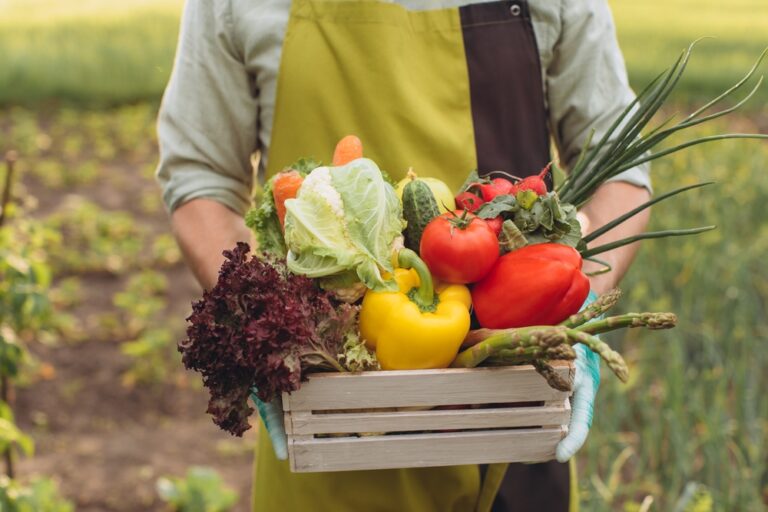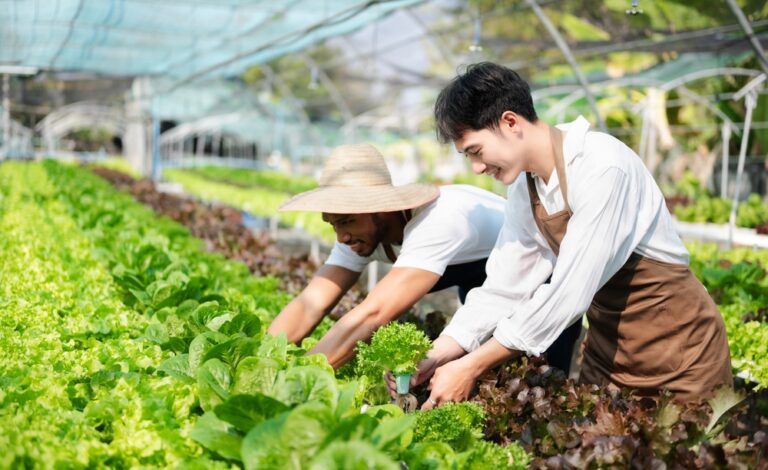Menu

Written by: Registered Dietitian (Public Health) (UK) Phoebe Wu
Many families choose to consume organic foods such as fruits, vegetables, and eggs. When asked why they choose organic foods, most people respond: “Because organic food is safer and more nutritious.” In this issue, I will teach what organic farming is.
What is organic farming?
Organic farming refers to agricultural activities conducted using agricultural, biological, or mechanical methods instead of synthetic substances made by humans. It does not use chemical fertilizers, pesticides, or genetically modified crops, but rather utilizes local natural resources and adheres to the natural ecological order. The scope of consideration is very broad, for example: there must be a buffer zone of at least 2 meters between the organic production area of a farm and the non-organic areas to prevent contamination of the crops.
Crop and variety selection and diversity
Nutrient Management
Management of diseases, pests, and weeds, as well as crop growth
Hence, organic farming focuses more on ecological protection during the cultivation process. However, in terms of nutritional value, the difference between organic and non-organic food is actually not significant. Moreover, there is no evidence to suggest that children who eat organic food are healthier or smarter. Of course, since organic food is more environmentally friendly and uses fewer chemical pesticides, I also encourage everyone to purchase more of it.

Conventional Farming vs. Organic Farming
| Conventional Farming | Organic Farming |
Safety | More commonly uses chemical pesticides and fertilizers.
| -Fewer chemical pesticides. -Focuses on the ecological environment. -Uses non-genetically modified materials. |
Nutrition | No significant difference | |
Health | Similarly, attention should be paid to the principles of a healthy diet low in fat, sugar, and salt. | |
